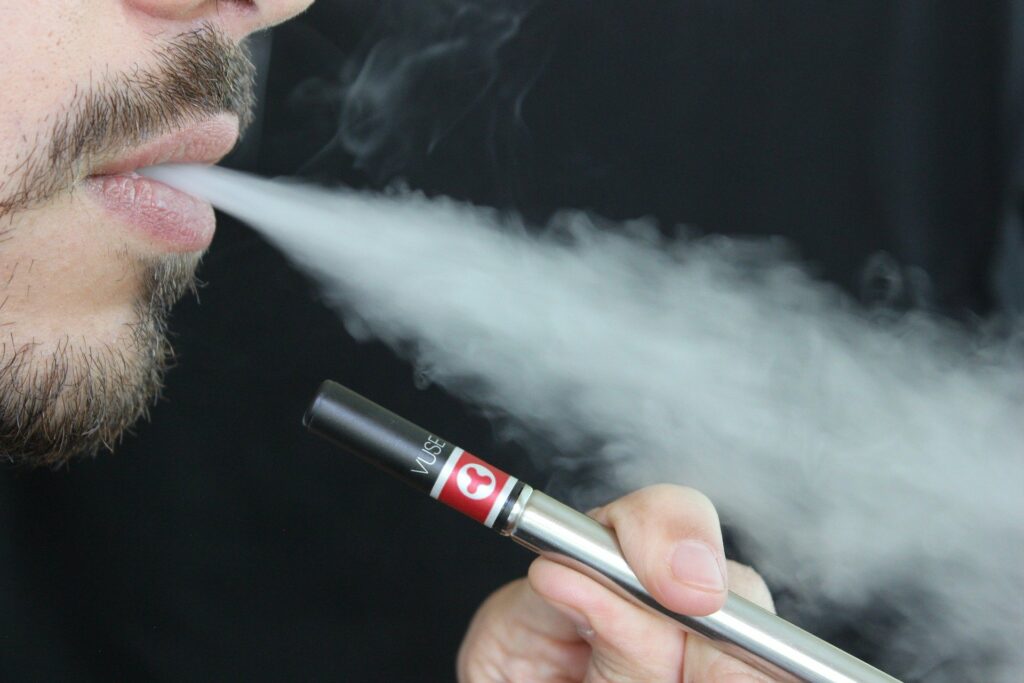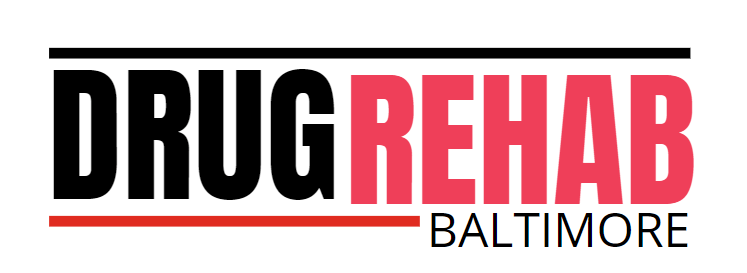Prescription medications have been demonstrated to assist smokers in their efforts to give up the habit. Some of these can be used in conjunction with nicotine replacement therapies. It’s common to begin taking them a few weeks before your official Quit Tobacco Day. To help people who are nicotine dependent, replacement treatment or medication therapy is the option.
Addiction is more severe if more of these apply. If you’re considering using one of these medications to help you kick the habit, talk to your doctor first. A prescription is required. Talk to your insurance company to see if these prescriptions are covered. If you want to take a prescription drug to help you kick the habit of smoking.

Consult your doctor to determine the optimum time to begin. And how to administer the medication. You should also be aware of the possible adverse effects and report them. Put a reminder on your calendar to start taking it.
Bupropion:
Zyban, Wellbutrin, and Aplenzin are all brand names for bupropion. A doctor prescribes Extended-release antidepressant medication.That reduces nicotine cravings and withdrawal symptoms. Nicotine is not present in this product. This drug’s mechanism of action targets a substance in the brain linked to nicotine cravings. At least for a few months after you stop smoking and keep in touch with your support systems. Drug interactions can occur when bupropion is used with other medications or supplements to quit tobacco.
Varenicline:
The Varenicline was created to assist smokers in quitting their habit. Essentially, it blocks nicotine receptors in the brain.

Effects:
As a result, smoking isn’t as pleasurable anymore. This supplement lessens nicotine withdrawal effects. Several studies have found varenicline to be an effective method to quit tobacco. When compared to not taking any medication at all, they can enhance their chances to leave. Tobacco cessation studies are also looking into the use of other medicine, such as nicotine patches and gum.
Cytisine, a plant-based medication, has shown promising results in other nations and is currently being tested in the United States.
Naltrexone is an anti-addiction medicine used to treat alcoholism and drug addiction. Efforts are being made to mix it with to assist individuals in quitting smoking. Those who smoke and drink heavily are more at risk. Anti-smoking vaccinations that are administered intravenously are also being studied.

These new options appear to be safe so far, but their ability to help people quit smoking has been limited. Nicotine patches, gum, and lozenges are examples of tobacco cessation assistance. There are other options for those who cannot take off the FDA-approved medications to help them quit. Other medicines have shown promise in studies for persons who have been unable to discontinue using them. The Agency for Healthcare Research and Quality recommends them for this type of use. As a result, they are being used “off-label” by certain patients.
These medications are only available with a doctor’s prescription and should not be taken. pregnant women who are under the age of 18 or smoke less than ten cigarettes a day are eligible for this program.


Recent Comments